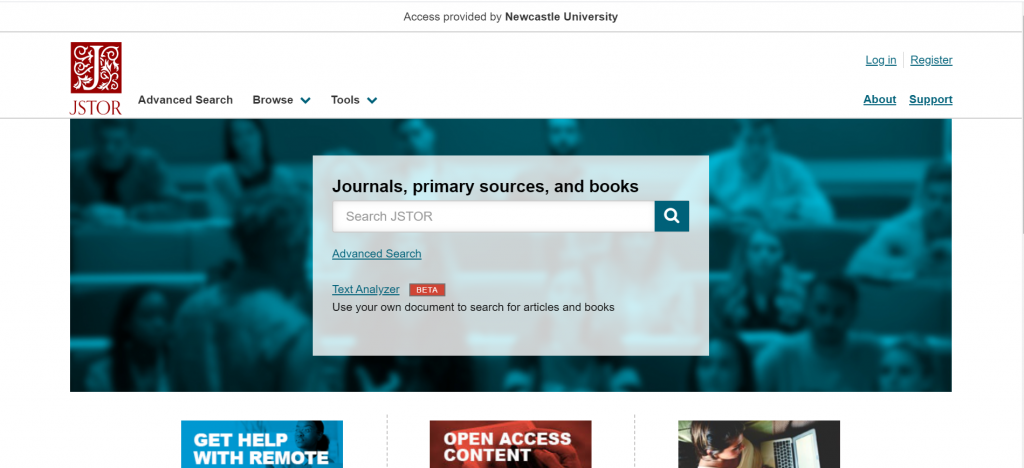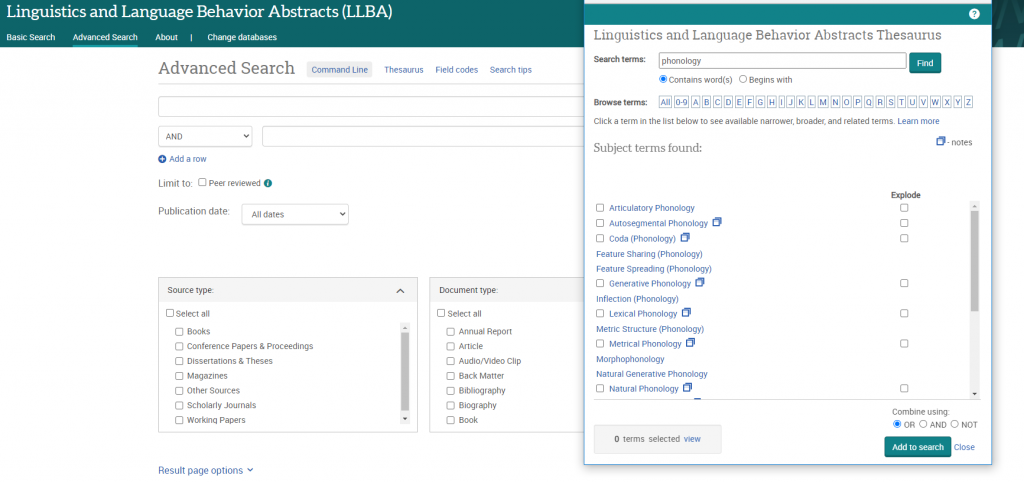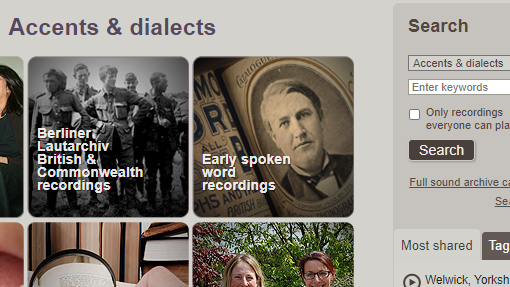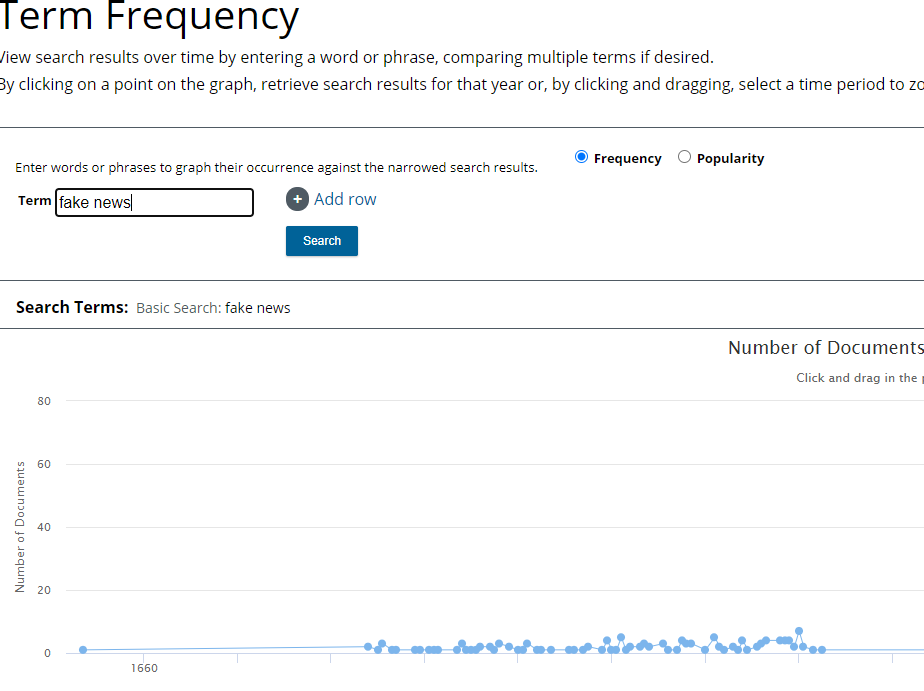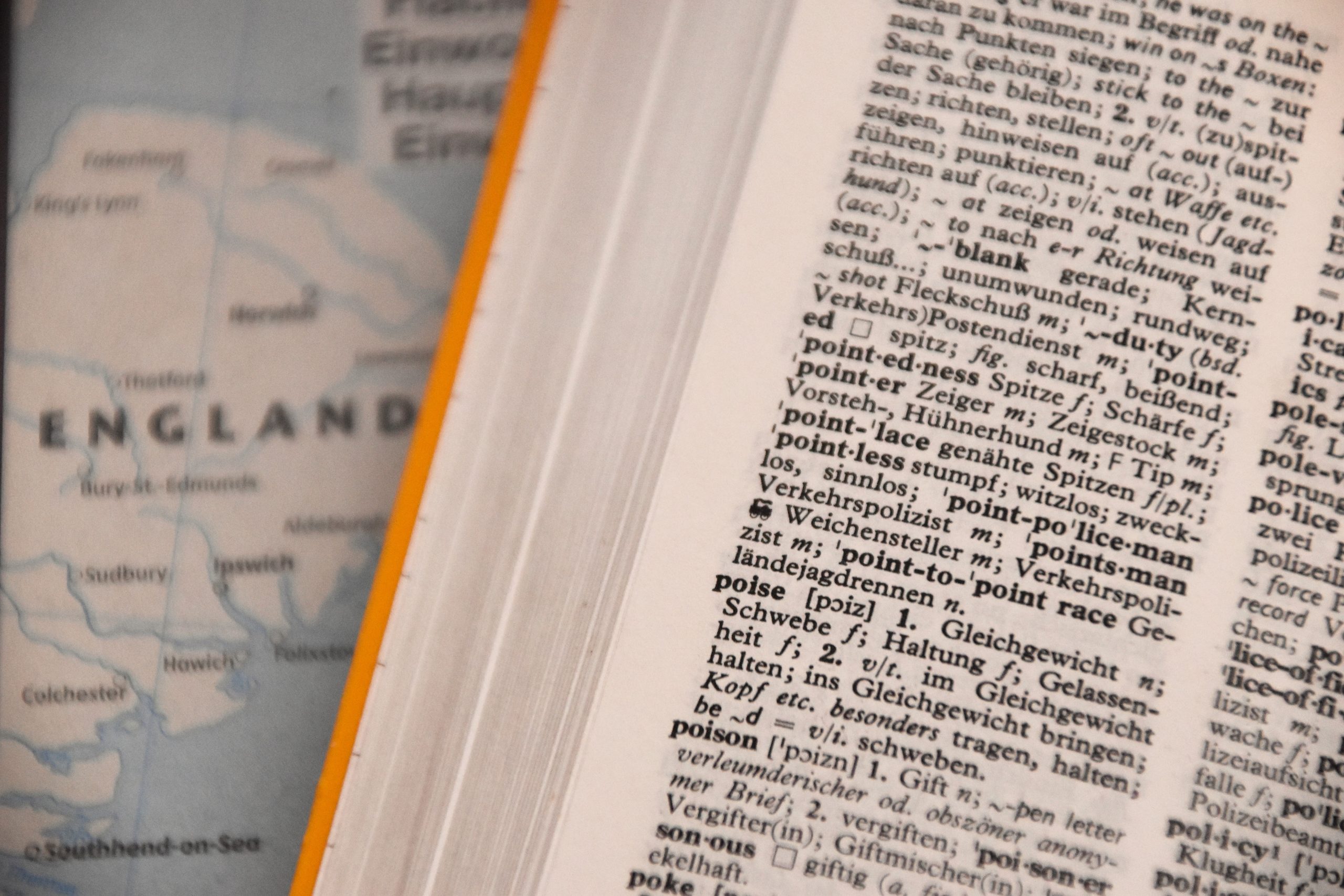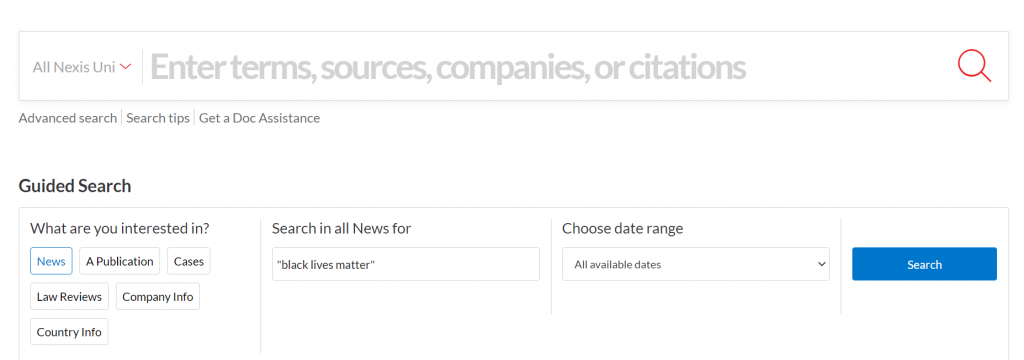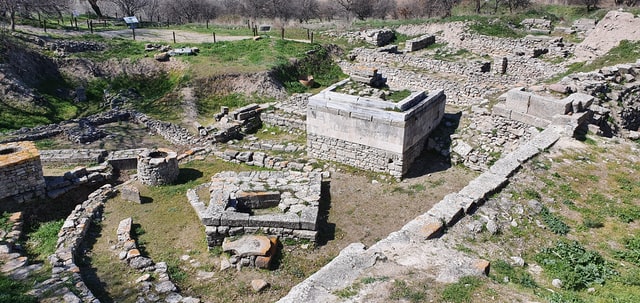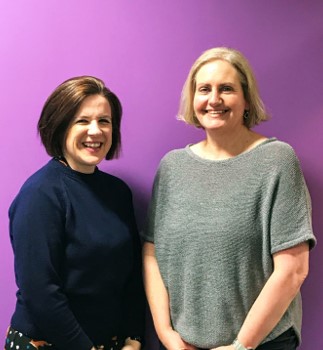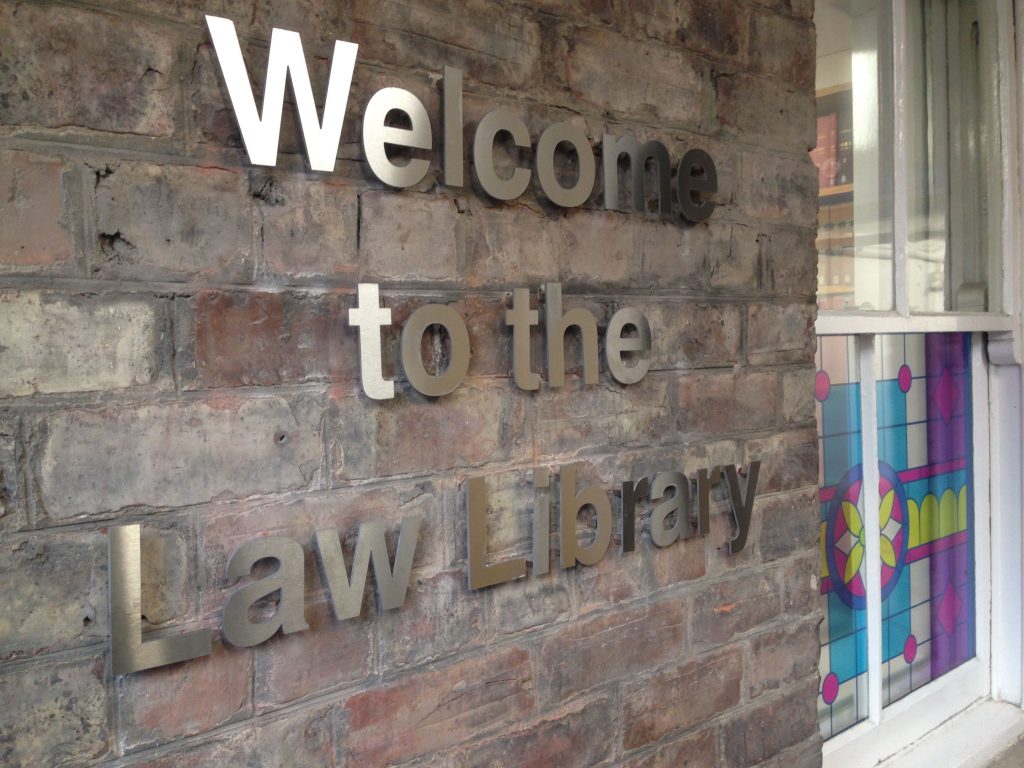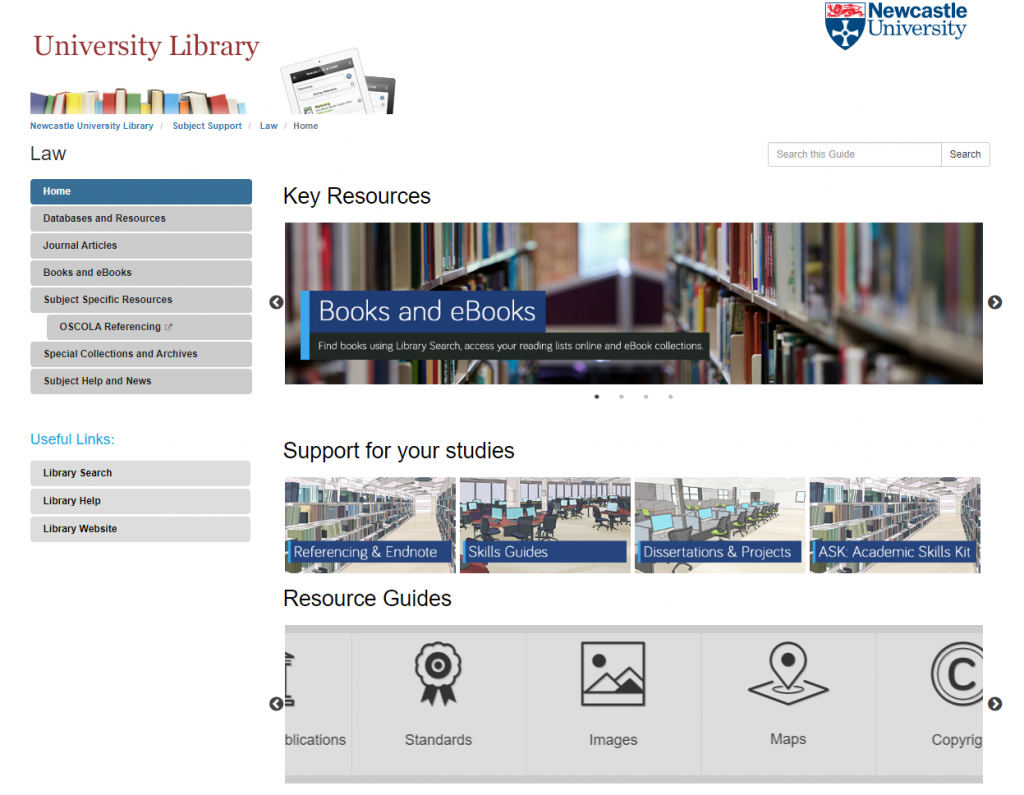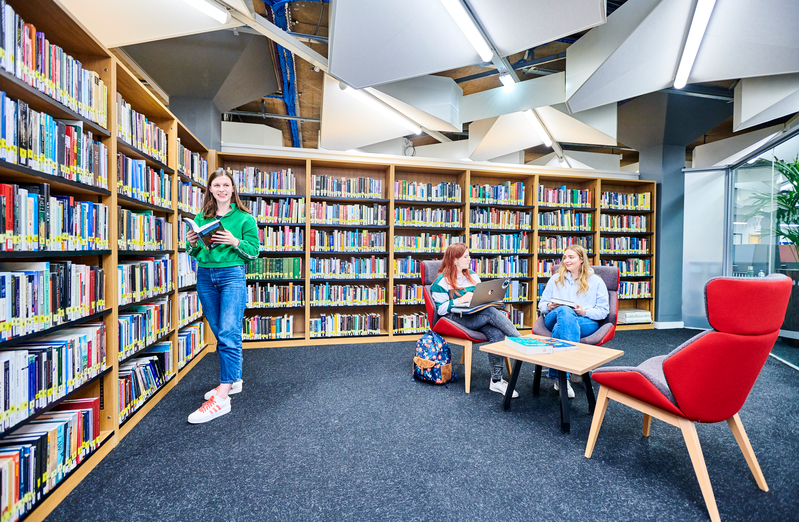
We’ve got a wide range of specialist information resources for English literature students. We know it can be rather overwhelming knowing where to start, so this blog post gives you a whistle stop tour of what you can find.
Library Search and your reading lists are great starting points for finding books, journals and other resources for your modules, but we’ve highlighted below some more specialised resources which you’ll want to explore.
Interdisciplinary academic research databases
Interdisciplinary bibliographic databases, such as Scopus or JSTOR are a great starting point after Library Search, as they enable you to discover secondary literature, irrespective of the subject area, and have really helpful features to help you focus your search. This can be useful if your topic covers more than one subject area, or if you’re trying to scope your topic broadly. Content includes journal articles, conference papers, book chapters and reviews.
Specialist English literature research databases
Literature Online (LION) is an indispensable database for researching English literature. It comprises three main sections:
- literary criticism: search articles from over 400 journals, together with the Annual Bibliography of English Language and Literature
- primary texts: 350,000 works of poetry, prose and drama from the 8th century to the present
- reference: encylopedias, topic overviews and author biographies

You can search all of these information types at once with the All button selected, or focus on a particular section by choosing the appropriate button.
If you haven’t used LION before, or would like a refresher, a good way to get an insight into the content, and different ways to search, is to try out the sample searches in this LION guide (Links to an external site.).
Film and Television Literature Index
If you’re researching a film or television studies topic, including literary adapations, then you may find Film and Television Literature Index to be useful. It includes articles from academic journals and film magazines, and coverage is focused on film and television theory, writing, production and reviews.
Digitised archives
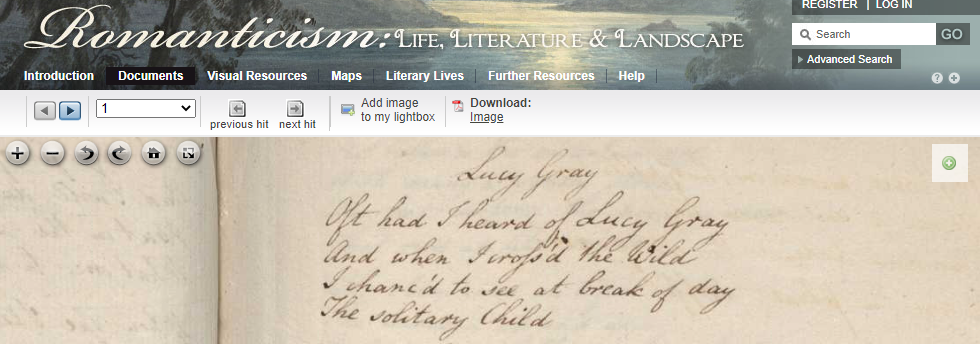
There is a vast range of digitised literary archives available, and it would be impossible to list every one, but we have picked out some major resources on the English Literature subject guide, in the General literary resources > archives section. These include:
Romanticism: Life, Literature and Landscape
Click on the links above for blog posts giving more information about these fascinating archives.
We also have a fascinating range of historic and contemporary literary archives in our own Special Collections section: please browse the web site by subject to find out more and read here for how to consult items and get further advice.
Literary texts: historic book collections online
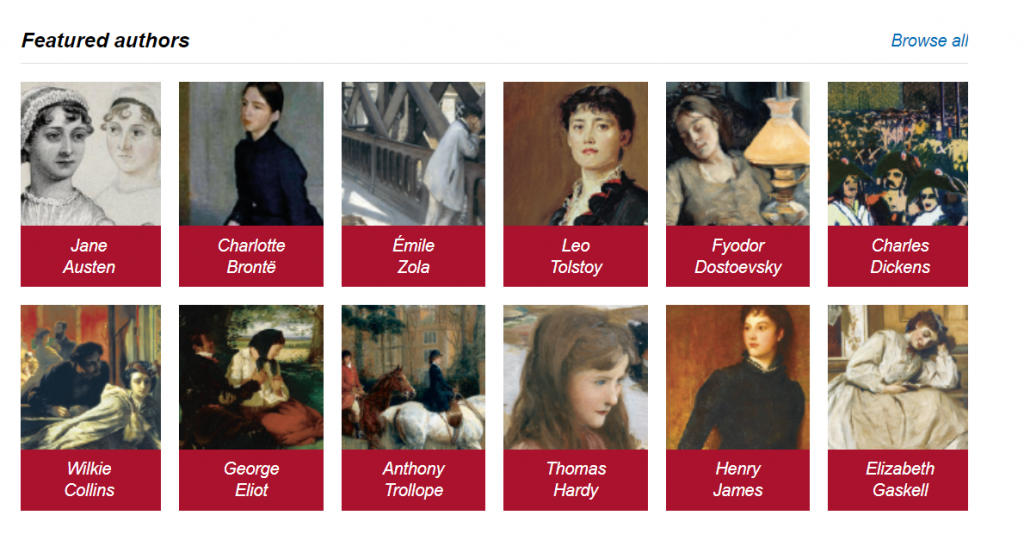
As well as the many individual literary print and e-books in our collections, we also have access to several major online collections of literary texts from different historical periods, which feature in-depth contextual information, facsimile images of the original texts, and sophisticated search and analytical features.
From Early English Books Online (EEBO) and Eighteenth Century Collections Online (ECCO), we have access to almost every book published in English from the fifteenth to nineteenth century, complemented by other specialist collections, such as Oxford Scholarly Editions Online.
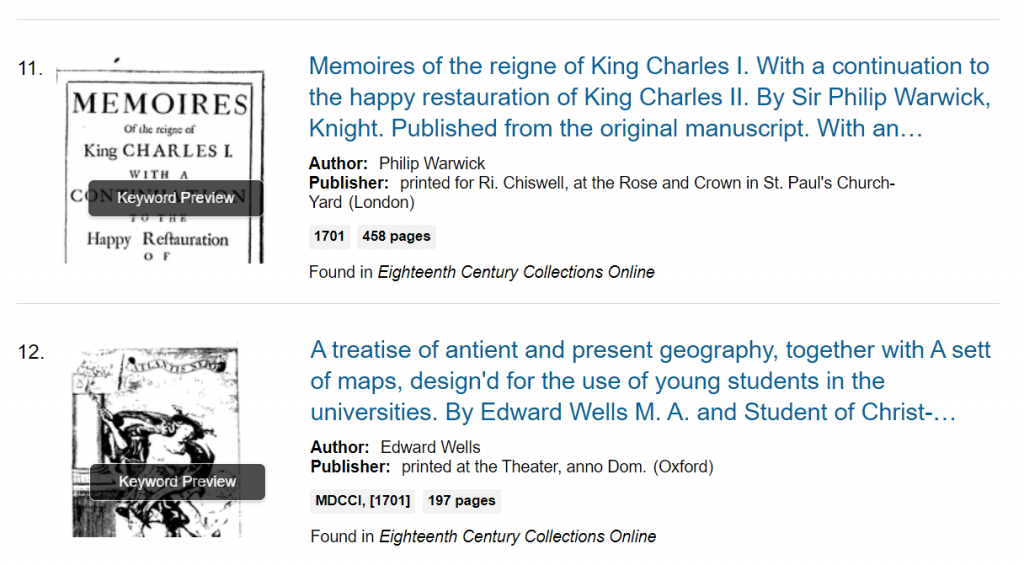
Our blog post gives an overview of five of the major collections. You can find all the individual books from these collections on Library Search, but we recommend searching and browsing the databases themselves (for example, EEBO) to get the best searching and viewing experience.
Audiovisual resources: Box of Broadcasts and Drama Online
Box of Broadcasts (BoB) contains over two million programmes from over 75 television and radio channels. Coverage mostly dates from 2007 to the present day. It’s a great resource for finding literary adaptations on television, film and radio, together with documentaries about writers, and arts review broadcasts. Find out how to get the best out of BoB via our BoB blog post.
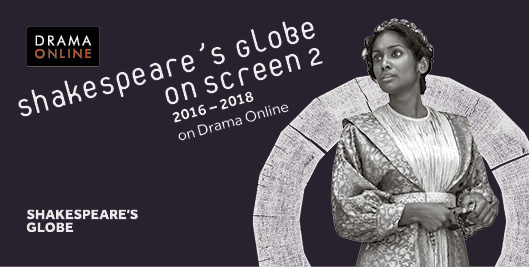
The Library has purchased various collections from the Drama Online database, which comprises the text of over 3,000 plays, from ancient Greek drama to contemporary works, together with contextual works relating to drama theory and practice. We have also recently bought several video collections, featuring films of major theatrical productions from the National Theatre, Globe and Royal Shakespeare Company.
Read more about this exciting platform and the very latest content on our blog post.
English Literature Subject Guide
This posting is just a taster of all the great resources available for your subject area. To access them and find out more, visit your Subject Guide and explore the databases and other subject specific resources which we’ve curated for English literature.
There are also subject guides for related subject areas which you may find useful, including English language and linguistics, and Film Studies.
Our Resource Guides point to different types of information, such as newspapers, images and statistics.


